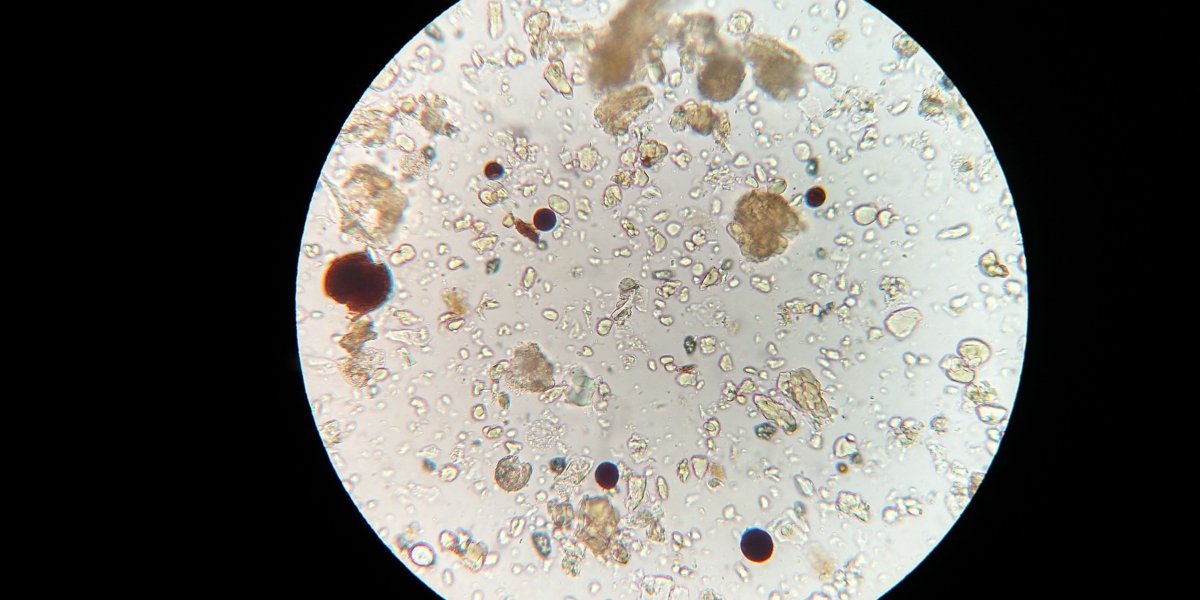Probiotics. “Friendly” bacteria. Intestinal permeability. You’ve probably heard all these phrases and more related to “gut health.” But did you know that the microbes in your intestines may be having an effect on your weight – and on your NAFLD condition?
Here’s the news on gut microbes and how they affect liver health – and the integrity of your body as a whole.
Tiny Bacteria With a Huge Role
It’s now commonly accepted by researchers that gut flora – in other words, colonies of bacteria – are necessary to your digestive health.
A healthy balance of these crucial bacteria affect all functions of the body and can mean the difference between vitality and a sluggish, unhealthy and potentially over time, a diseased condition.
When an imbalance in gut flora occurs, a permeable intestine may develop. This means nutrients can actually leak from areas of the intestine and into the bloodstream, where they were never supposed to be until digested and prepped by your body for transportation for either energy or fat storage.
For this reason it’s critical to make sure your body is populated by beneficial bacteria, particularly following illness, diagnosis of yeast overgrowth (yeast and bacteria are meant to keep one another in check), or the use of antibiotics, which throws off the balance in favor of too much yeast.
Too Much of a Good Thing
As necessary as these flora are, too many of them mean imbalance in your intestines and, according to research, may actually contribute to both weight gain and the development of NAFLD.
Researchers have uncovered a link between bacteria overgrowth and fatty liver disease, leading to increased (and unwanted) intestinal permeability (tiny holes in the intestines where leakage into the bloodstream can occur).
The data also shows that inflammation caused by this imbalance may cause the body to improperly process incoming nutrients to begin with, influencing the body to store rather than utilize them – in other words, turn them into fat.
…or Too Little
On the other hand, too LITTLE of certain bacteria has been implicated in the development of NAFLD.
In this study, people without NAFLD tended to have more of the gut bacteria Gammaproteobacteria, while those with a greater propensity toward the condition had comparatively more Erysiptoltrichi.
The upshot? It is becoming more obvious among the scientific community that it’s the total balance of gut bacteria that’s at stake when it comes to liver – and whole-body – health.
More Studies in the Making
Though a link has been firmly established, experts are conflicted on what to do with the new data – and how to tip bacterial colonies toward lesser or greater production and inhabitation within the gut in order to do the most good.
There is, however, a consensus that this is one more piece to the NAFLD puzzle and that a multi-prong approach may be in order to treat the disease.
In the meantime, most doctors recommend:
- A diet heaviest on vegetables, secondarily on lean proteins and including lesser but regular amounts of fruits, nuts, grains and healthy oils. Dairy may also be consumed as tolerated.
- Regular exercise.
- Maintaining, or getting down to, a healthy weight.
- Including probiotics in the diet (yogurt is a great source for these).
- Replenishing the body with bacteria if you’ve recently taken antibiotics – again, yogurt is your best bet here.
Professionals say more studies into the bacteria/NAFLD phenomenon are in the works, with an aim toward finding out what will work best to help those suffering with the disease toward better health.
Originally posted 2019-07-05 23:43:43.

